How to develop MVP 10 times faster
Principles and tools you need to know
The goal of this article is to describe techniques founding engineers can use to drastically expedite MVP development and quickly iterate over achieving product market fit. This article is a part of the "24 hours MVP series".
- I am building 24 hours MVP to help founders test their ideas on 97% cheaper.
- How to develop MVP 10 times faster
- 24 hours MVP - Lean Startup for techies
How is it possible to build MVP in 24 hours?
Usually, MVP development takes 3-5 months but here our goal is to spend only 24 hours. It sounds unbelievable, and yes, sometimes it is impossible to build MVP that quickly especially if you are building something completely unique that never existed.
I already hear you telling me how unique your idea is but I ensure you, that it may not be as unique as you think. It is like thinking that you don't have competitors, it only shows that you never looked for them appropriately.
But even if your idea is unique and innovative, the method described in this article will help you to expedite MVP development 10 times, so give it a shot.
Pareto principle
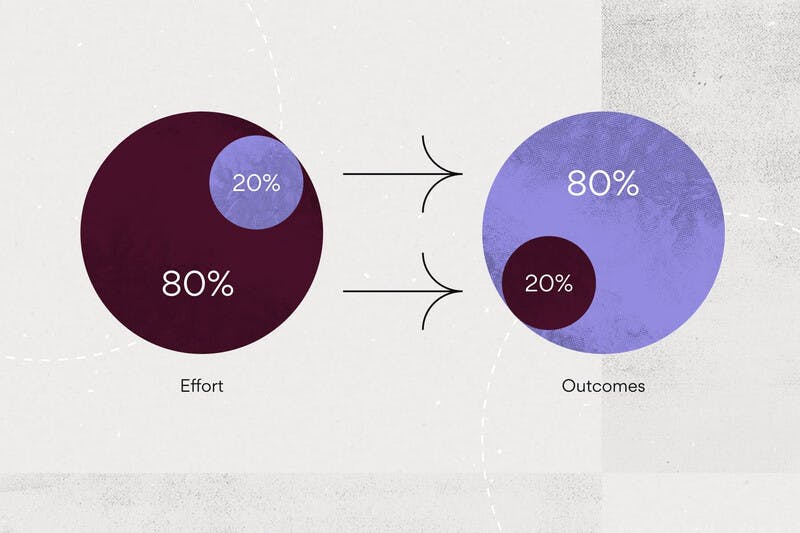
The Pareto principle in software engineering is a very controversial topic cause engineer has to be detail oriented and not covering 100% of use cases may lead to unwanted consequences like bugs or half-working software.
It is so controversial that I think each manager should include the usage of this principle in the onboarding process. If you are working in Google, Meta, TickTock, or any other big corporation you may get fired for not writing tests or not spending a week implementing a pretty animation for subscribe button. However, it completely changes if you are working in a startup.
I see this issue very often when founders are working with agencies or freelancers. Founder - wants the perfect product. Freelancer - wants a longer project. Such a kind of vested interest has killed a lot of startups.
The founder wants the application to not have bugs UNLESS he knows that writing tests take more time than coding an actual feature.
The founder wants a unique design UNLESS he knows that using templated designs will save 95% of front-end work.
The founder wants scalable infrastructure UNLESS he knows that it increases iteration time by 30%.
But but but, what the founder really wants, is to find product-market fit as quickly as possible and none of the things stated above will not help to do that.
Templates and no-code
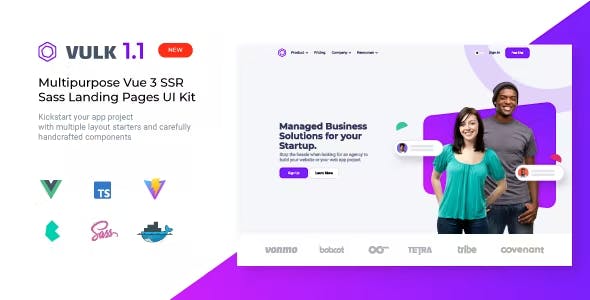
The most common issue I see among all MVP builders and young tech founders - is starting to build things from scratch. I can not emphasize it enough that before writing any code - go and check if someone already did it. My mentor once said to me: "The best piece of code, is not a written piece of code". Such code has no bugs, it doesn't require support and it is infinitely scalable. Every founding engineer should have this sentence on a PC background. Maybe it will prevent them from writing a custom authorization system, using a low-level notification interface, using CSS for the user interface, and ignoring boilerplates.
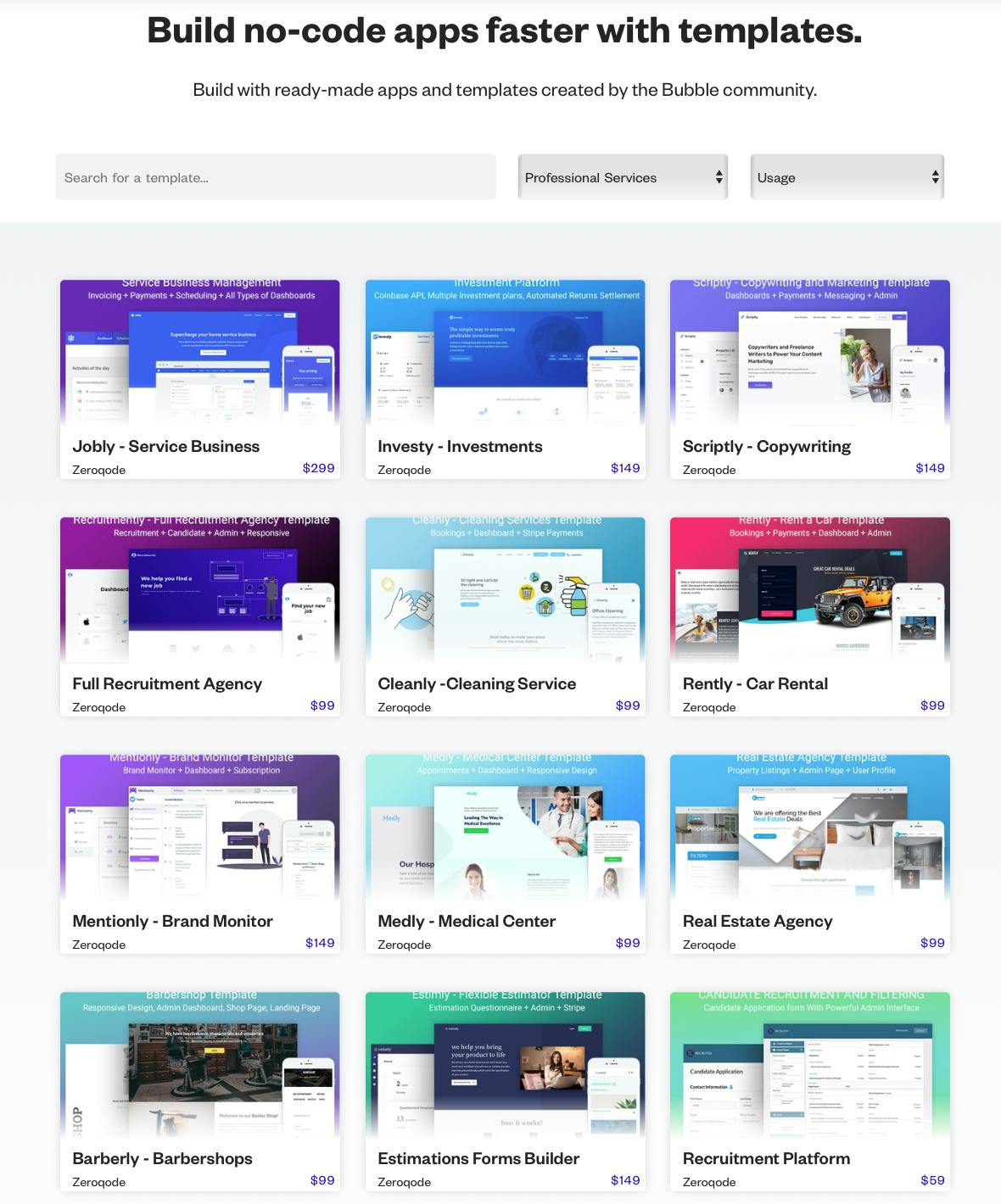
On another note there is a no-code, that can help you to make an app with no coding at all. This app may be minimal, it may not be scalable, and it definitely will not be quick but it will give you 80% of the functionality you need to validate your idea.
My formula for selecting a tech stack is:
- Find a production-ready paid application template.
- If there is no, find an open source project on GitHub.
- If there is no, find a production-ready paid frontend template, and build the backend myself.
- If there is no, choose the best UI template I could find and modify it, and build the backend myself.
As you can see there is no option "Write from scratch", and that is for a reason.
Utilize AI
AI still can not replace completely, but it already can help to expedite the process of MVP development. People who don't use AI will soon be considered frozen in time and completely unemployable because of a huge boost in productivity AI gives.
Github Copilot
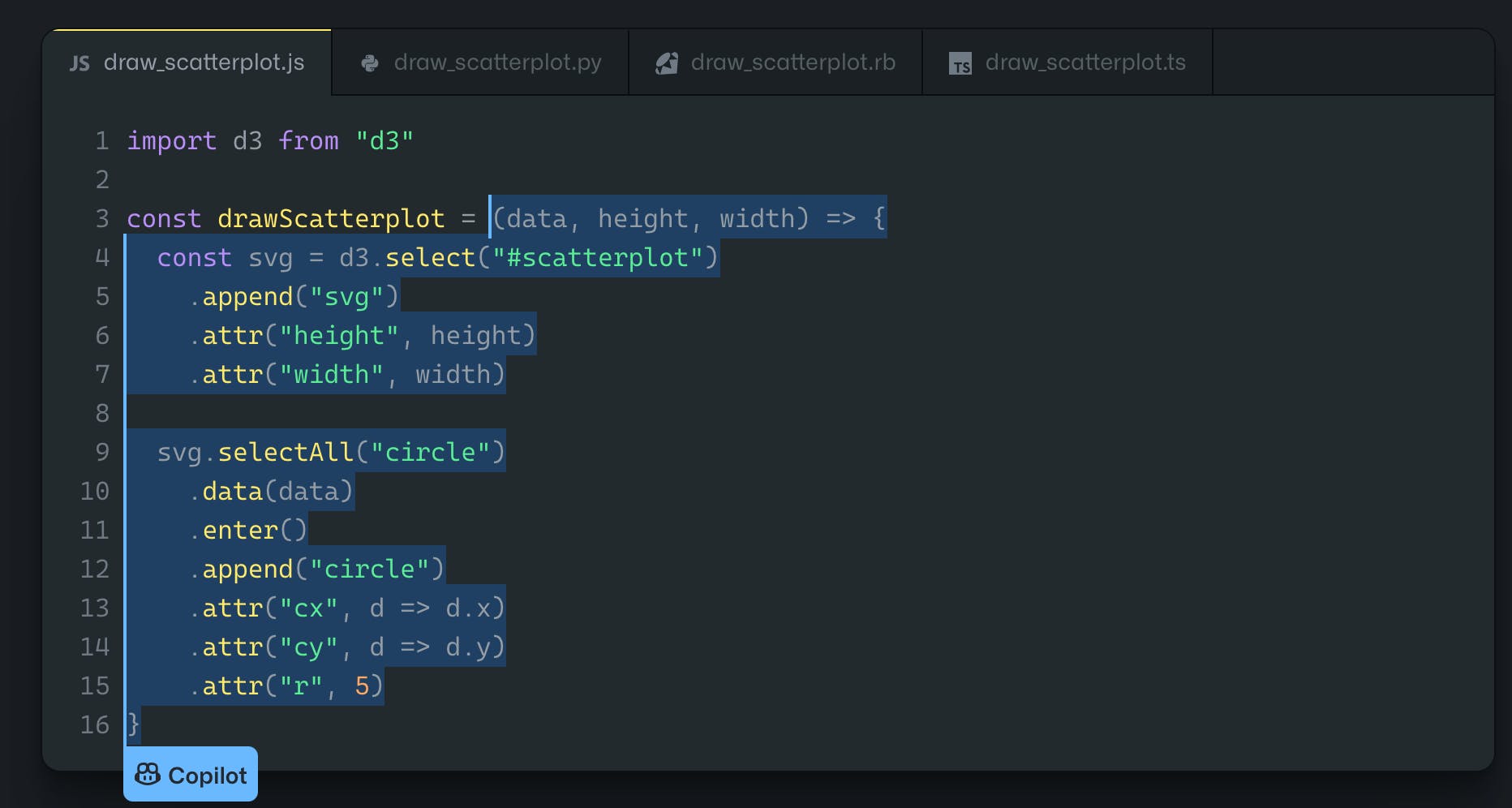
GitHub Copilot - the first actually great AI tool for writing code. AI was trained on open source projects from all over GitHub and it was advanced with answers from StackOverflow. It still can't write complete apps but it can suggest you peace of code based on previous code to comments.
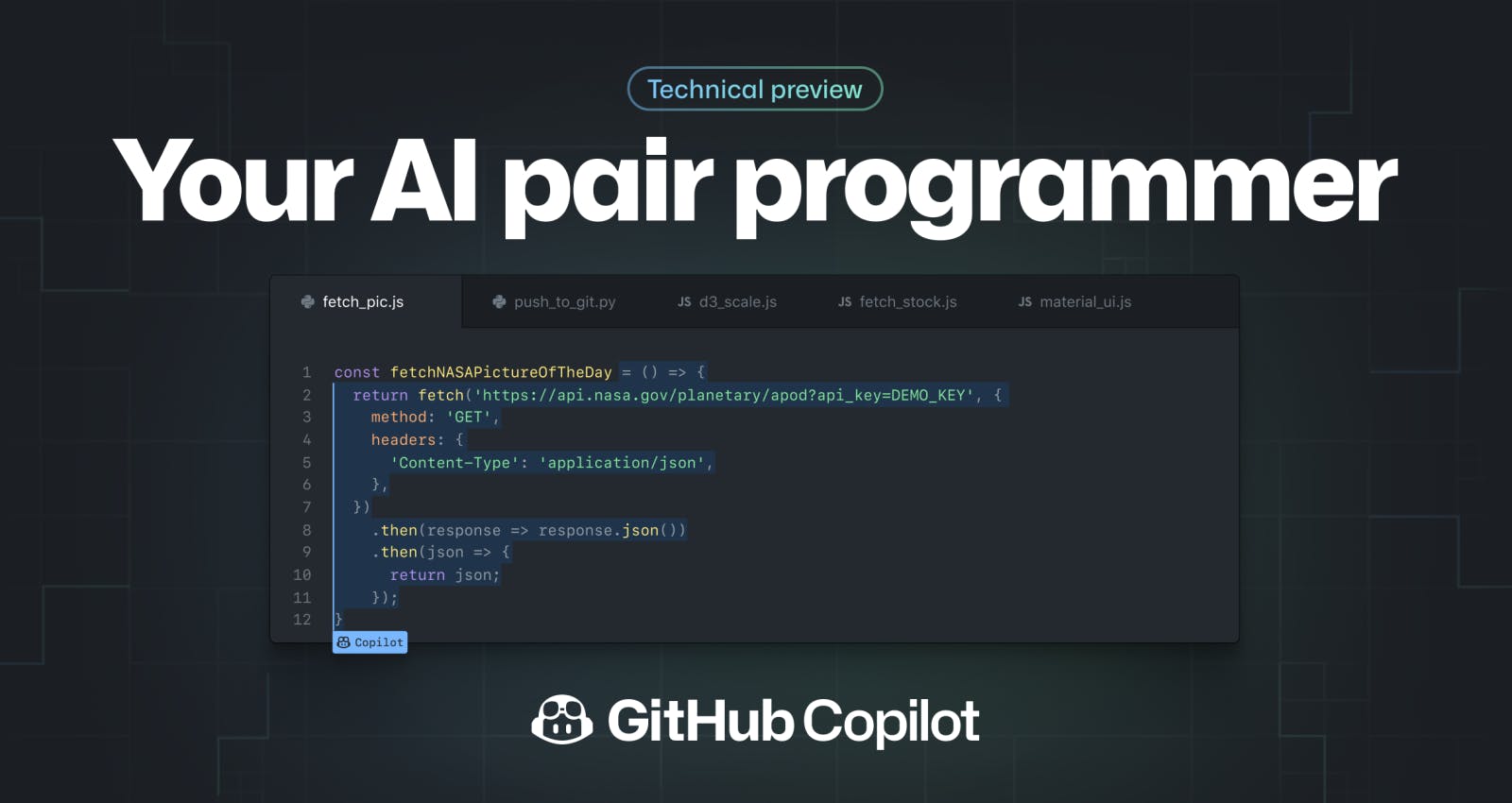
Whatever path for writing MVP you choose, some amount of coding still will be involved. Even if it is a small script Github Copilot can save a lot of time. If you are trying to add a new feature into a backend from a template, Copilot will analyze the whole existing project and suggest your implementation based on existing code. Isn't it a perfect way of extending functionality?
Imagine opening your code, going to endpoints, and writing a line of code like:
// GET endpoint for liking a post of a user based on a post ID.
and at the end getting a completely working peace of code. That is definitely cheating and very soon every dev will need to master this tool.
DALLE / Midjourney
DALLE and Midjourney are the most powerful AI trained to convert text into images. Here are some impressive works of these AIs.




Any product needs visuals. Starting from icons and finishing with background images. If you get any template and add your custom images it will already be looking much more authentic. Hiring a designer may be a good idea but the problem you gonna face is the inability to explain your thoughts. It is like, you want it to be cool, unique, and stylish, but at the same time, you don't know how to make it look so and what specifically "unique" means.
In this case, you can go to DALLE or Midjourney, mostly for inspiration. The images you gonna generate will require post-processing, but it will be 90% cheaper than designing from 0 and will give you much better results.
AI-Copywriter

Imagine a tool that can automatically post relevant and high-quality content for all of your social media. Or a tool that can automatically generate microcontent like tweets from your pillar content file podcast. Or a tool that can automatically rewrite your website landing, FAQ, and about page.
Ok all just described is still a fantasy but some services already provide GPT3-based AI copywriters that can not completely replace writers but can help them to dramatically expedite the writing process.
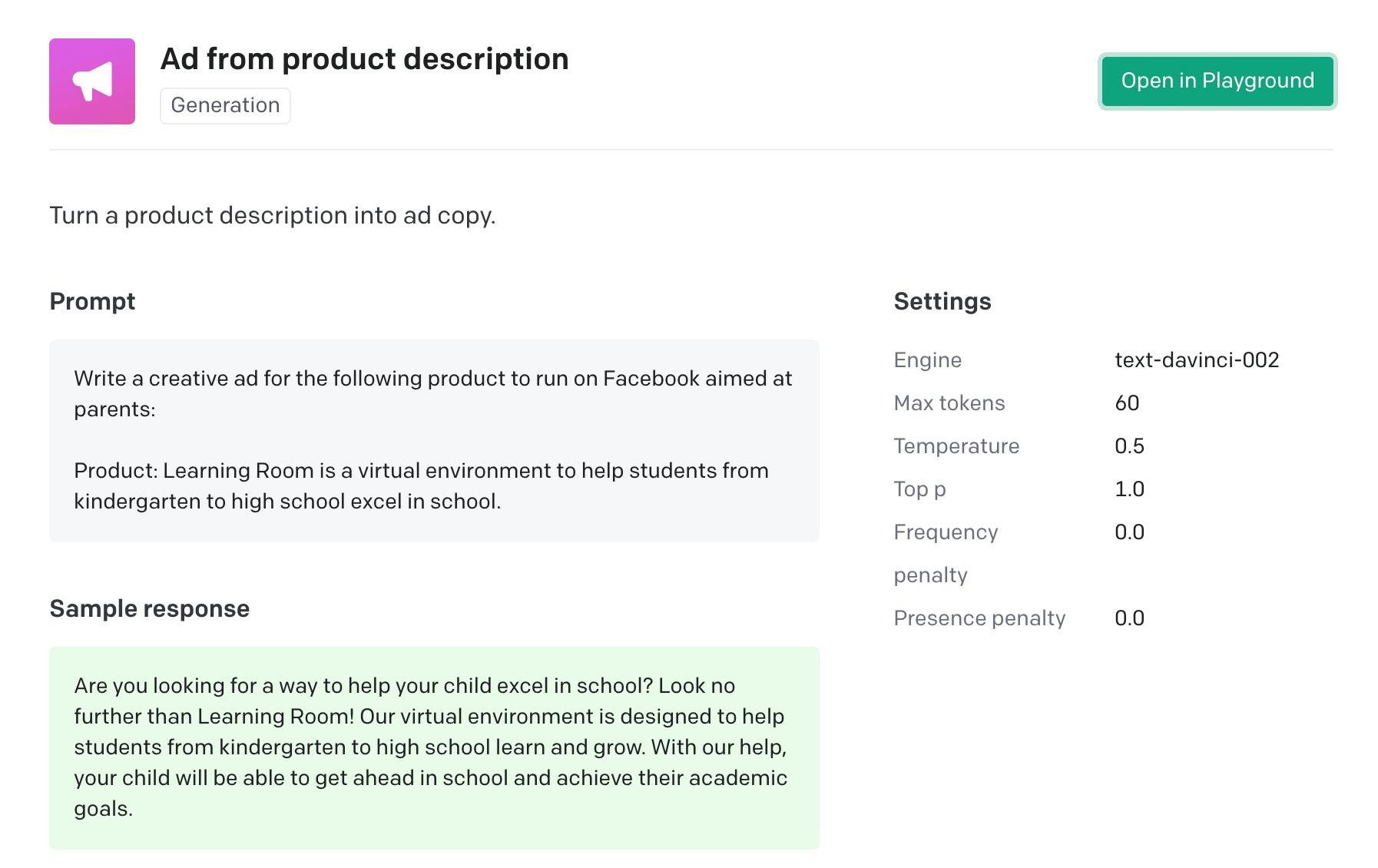
GPT3 is a deep learning model created by OpenAI and trained on data from all over the internet. They spend over $20 Million to train it and now the model can do any type of copywriting. Recently they made it open for everyone, so feel free to register and play with it openai.com/blog/openai-api.
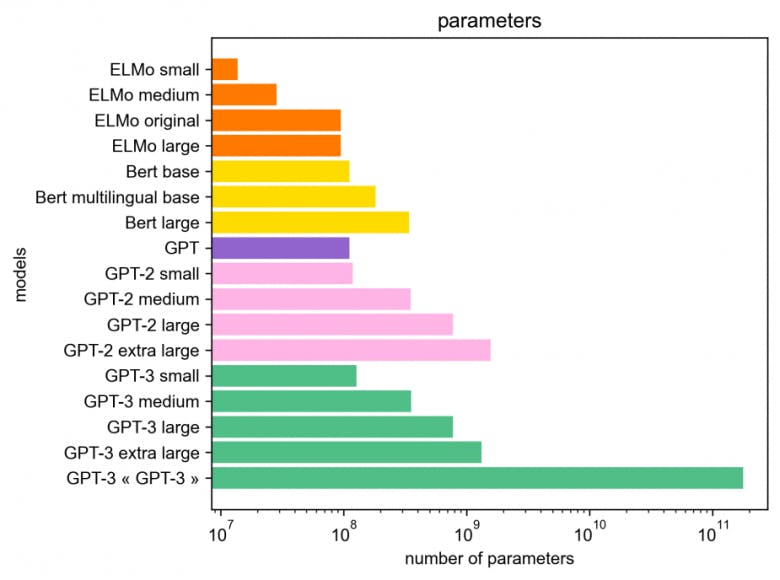
For me, as for a non-professional writer, it takes about 20 min to create an 800 words article using GPT3. In 1 day I can copywriter the whole website and release about 5 articles on a relevant topic to make the website look more complete.
In the same manner, you can generate game plots, social media content, ideas, and onboarding experiences.
Summary
Here was described general techniques that can be used to expedite MVP development and in the next article I will explain how you can apply those techniques in the structured framework called "24 hours MVP".
